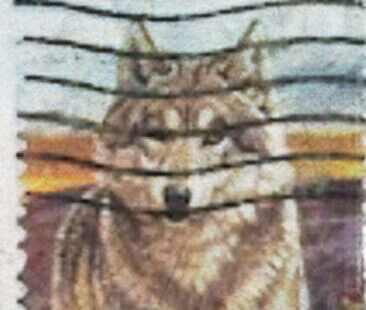Thomas Festa
Ends and Odds
The day before Douglas moved to Texas to start a new job, he invited me to his roomy brownstone in Harlem and offered things he couldn’t carry all that way, things he was ready to part with. Twenty-five years later, I still need so much of what he gave me. Not the old futon, thank God, but his fancy Italian plates, books with hieroglyphic mementos scribbled in the margins, mordant sayings—and a table he called Smoking Moses. It’s a yard of marble slab his sculptor friend stole from the construction site at the Cathedral of St. John the Divine, the bust of a narrow man, perhaps on the model of an Egon Schiele figure, carved into raw stone, a cinematic cigarette dangling from his lower lip. In a junkyard, he’d found a stand to make the stolen slab into a table, a joke as I came to suppose, the table of some outlaw Eleventh Commandment.
Before I knew him, he’d studied to become a rabbi—the only honest profession he ever pursued, he told me once. A restive interpreter, ceaseless quests kept him in constant motion. He wanted birth parents he never knew, grieved fluently in seven languages, was recruited and trained by the C.I.A. before dropping out for seminary at J.T.S. Then grad school, marriage and divorce, a son named Judah left behind.
Packing, he chain-smoked as he plied me with single malt in a Dixie cup, which I left untouched. In my Latin class that afternoon, we translated the Sinai passage from the Vulgate Exodus. The table, sitting in my guestroom, gregarious as my brilliant, long-dead friend, will never get rid of me.
smudge of industrial yellow on light veined marble
About the Author

Thomas Festa is a Professor of English at the State University of New York, New Paltz, and the author of a forthcoming chapbook of poems, Earthen (Finishing Line Press). Other recent and forthcoming work includes an ecopoetic reading of W.S. Merwin’s late poetry (in ISLE: Interdisciplinary Studies in Literature and Environment) and poems in Bennington Review, Drifting Sands Haibun, and Haiku Journal.
